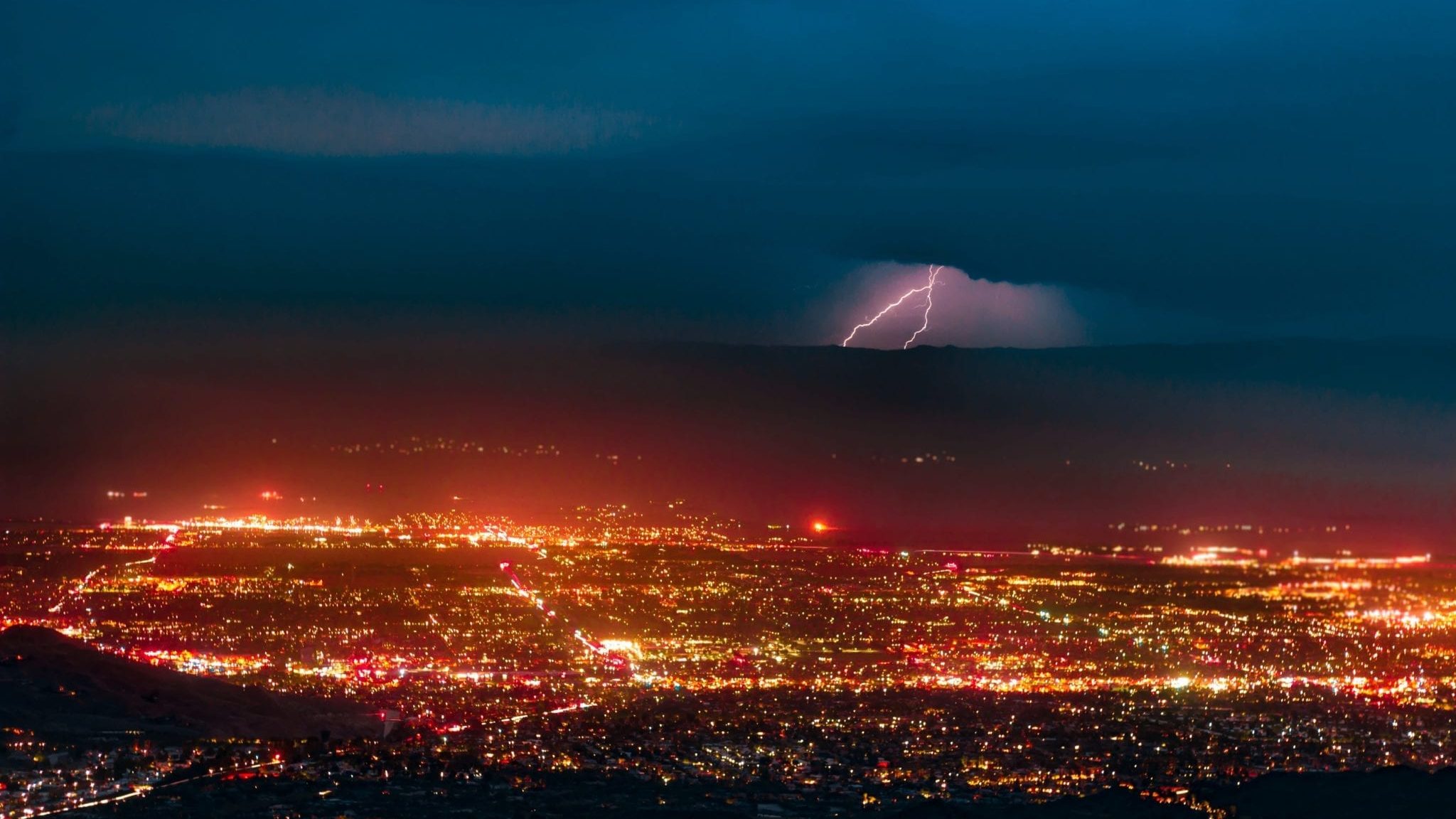If you’ve been in Arizona for any time at all, you may have heard of the desert phenomenon called dust-storms, or ‘haboobs.’ Although they have a humorous name, haboobs are not something to take lightly. According to ABC15, haboobs are caused when cold air rushes out of a collapsing thunderstorm and picks up massive amounts of dust and debris. Haboobs can be over 30 miles wide and have wind speeds upwards of 50 miles per hour.
Haboobs generally occur during monsoon season, which is during the summer months of June through August. They will also occur more frequently in the late afternoon and early evening. Other times of the year, dust storms called ‘channelized dust events’ happen. These types of dust storms are not as big as haboobs, but they are just as dangerous, according to the Arizona Sonora News.
The Arizona Department of Transportation has a few recommendations about driving on the roads during a haboob. First of all, they recommend avoiding the roads altogether. Visibility can be limited to only a few feet in front of you during a dust storm, and there can be flying debris, so ADOT recommends that if possible, you should get inside as soon as possible.
If you are caught on the road during a storm, pull off to the side and turn your car off. Make sure all lights, (even hazard lights) are off. In dust storms, it is difficult to tell if something is moving or not. If another person sees car lights on, they may try to follow you, which could result in an accident. Keep your seatbelt buckled and wait for the storm to pass before you begin to drive again.
It is common for air quality to be worsened because of haboobs. Take extra caution if you plan on participating in any athletic activities after a dust storm, as breathing may be difficult. Those with allergies or asthma may need to stay inside in order to avoid medical emergencies.
Haboobs are one of the dangers of living in Arizona. They can happen with little to no warning and cause serious damage. However, by staying alert of what is going on around you and avoiding direct contact, you will be able to stay safe.






